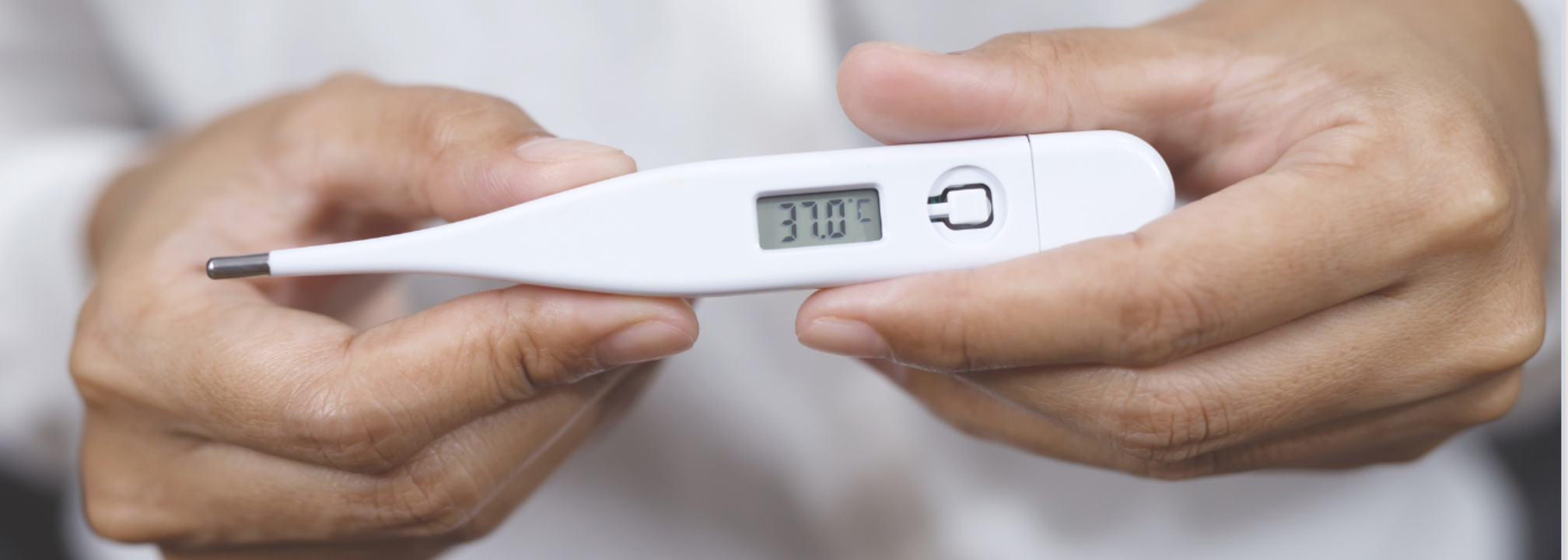Is A Low Body Temperature Dangerous? What It Means And When To Worry

Image Credit: Canva
SummaryLow body temperature, often below 95°F, can signal hypothermia, thyroid issues, or infections like sepsis. Normal temperature varies by age, activity, and health conditions, requiring accurate monitoring.
End of Article
